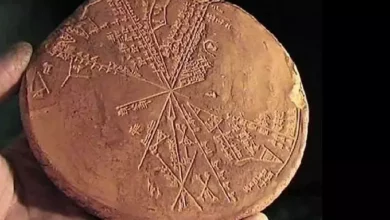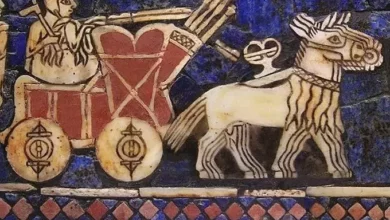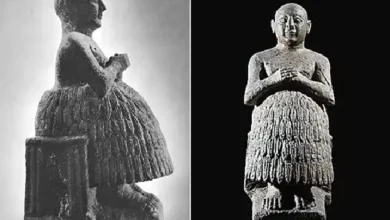Why did the wise Apkallu give up the gift of immortality?
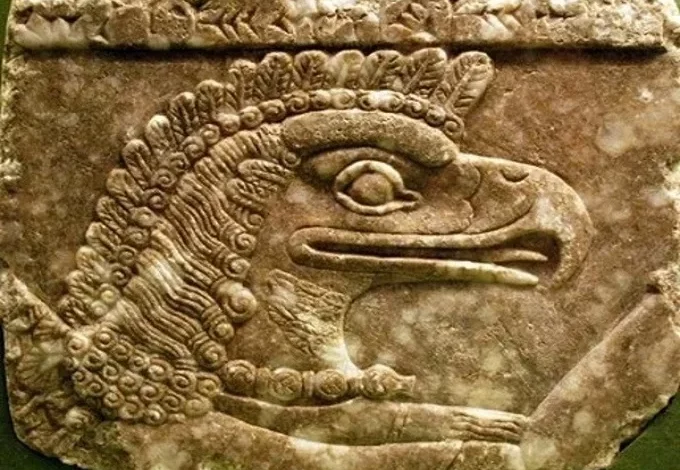
Adapa was an interesting figure mentioned in ancient Mesopotamian myths and legends. He was one of the seven Apkallu, the premodern demigods and sages created by the God Enki.
These man-fish hybrids, sometimes depicted with bird heads, are a symbol of ancient wisdom, and Adapa was very wise. According to the list of Sumerian kings, Adapa was from the city of Eridu, one of the five cities that preceded the Flood.
In the Epic of Gilgamesh, Apkallu is said to have laid the foundation of the wall that surrounded Uruk.
What is known today about Adapa comes from information found on fragmentary tablets from Tell el-Amarna in Egypt and finds from the library of Ashurbanipal, Assyria, where thousands of cuneiform tablets have been excavated.
The legend of Adapa
According to an unnamed Babylonian poet, Adapa gave up the gift of immortality. Adapa, described as a perfect man, wondered why humans should be mortal and gods immortal.
As the poet described, Adapa worked as a servant of the god Enki. He was responsible for performing divine rites: baking bread, cooking food, and catching fish for Enki’s cult in Eridu.
One day, while Adapa was fishing, something happened. The weather turned bad, and a strong wind from the south overturned his boat. Adapa found himself overboard and spent the day in the “house of fish.” Adapa became angry and cursed the wind. The power of his spell was so great that the wind died down, and for 7 days, the air still hung over the land.
As Joseph Sherman writes in Narrative: An Encyclopedia of Mythology and Folklore, the supreme god Anu summoned Adapa to appear before him. The EA (Enki), knowing that Adapa would receive an audience in heaven and not wanting to lose his services, advised Adapa to humble himself and stand in mourning attire with disheveled hair as a sign of grief before the gatekeepers Anu, Dumuzi, and Gishzida.
EA’s plan was to so overwhelm these two deities so that they would intercede for Adapa and defend his cause before Anu. The EA also advised Adapa not to accept heavenly hospitality and to reject any food or drink offered to him, for such offerings were the food and drink of death.
Upon his arrival in heaven, Adapa followed EA’s advice. He so amused the gatekeepers that they interceded on his behalf. When Adapa appeared before Anu, the supreme god offered him food and drink-a rite of hospitality performed only for visiting deities. Adapa declined the offer, not realizing that accepting it would grant him eternal life.
Anu laughed at the sage’s naivety and asked him why he did not eat or drink. Adapa replied that EA had instructed him in the ways of heaven and that he was simply following his instructions. Anu told Adapa that he had offered him eternal life and that his refusal meant that he would remain mortal. And so, because of Adapa’s choice, all men are mortal.
In other myths, Adapa is associated with the legendary king Enmerkar, who is credited with building the city of Uruk.
Adapa and Enmerkar visit the heavens, where they find an ancient sealed tomb. They make attempts to open the tomb, but what happens later is unknown because the text is incomplete. What is known is that they seal the tomb and leave the divine realms.
Similarities between Adapa, Oannes, Alulim, and the biblical Adam
Scholars have tried to find similarities between Adapa and other mythological figures. Some have suggested that Adapa may have been Oannes, the mermaid deity, but the theory is unlikely. The myths of Adapa and Oannes differ, and all Apkallu were half fish and half man.
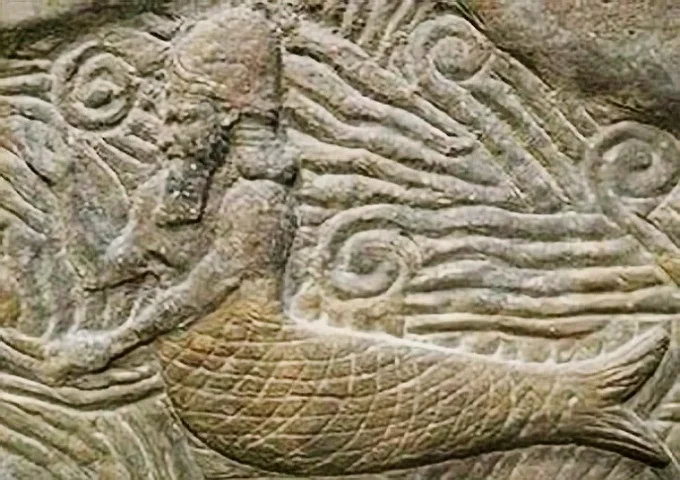
It has also been suggested that Adapa may have been an advisor to Alulim, the mythical first pre-Flood king of Eridu. As discussed in the ancient pages, there is very little information about Alulim, who was also one of the seven Apkallu.
Some scholars have noted similarities between the story of the biblical Adam and the Adapa myth, but nothing has been confirmed. The same has been suggested about Alulim, who may have been the biblical Adam. These are certainly intriguing theories, but without access to more ancient texts, it is very difficult to claim that the stories are about the same person.

